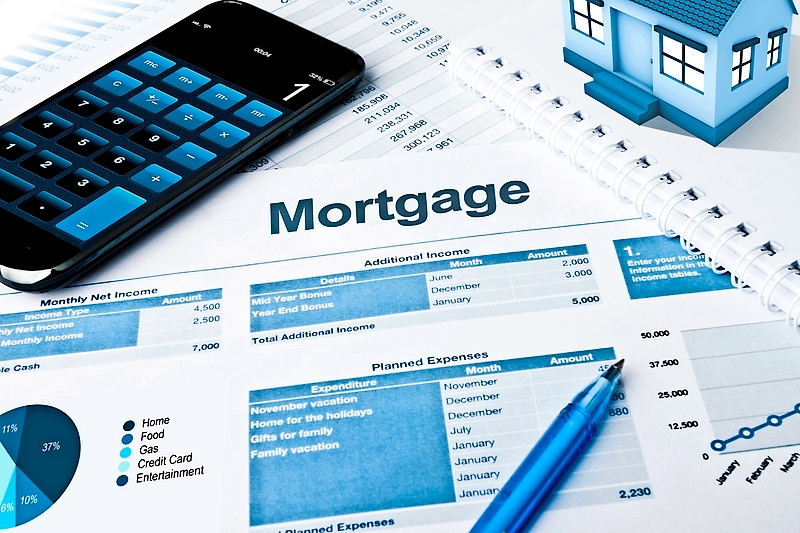Reverse Mortgage—Paying Yourself Back—At a Price
By Hilary Decent
September 2015 View more Finance
 You’ve seen the ads on TV. Trusted actors like Robert Wagner and Henry Winkler singing the praises of reverse mortgages. Although the very idea of The Fonz even having a mortgage is definitely not cool, if he says it’s a great idea, it must be, “ayyyy?” So what exactly is a reverse mortgage, who can get one and if you can, should you?
You’ve seen the ads on TV. Trusted actors like Robert Wagner and Henry Winkler singing the praises of reverse mortgages. Although the very idea of The Fonz even having a mortgage is definitely not cool, if he says it’s a great idea, it must be, “ayyyy?” So what exactly is a reverse mortgage, who can get one and if you can, should you?
A reverse mortgage is a loan for seniors 62 years of age and older. Home Equity Conversion Mortgages (HECM) reverse mortgage loans are insured by the Federal Housing Administration (FHA) and allow homeowners to convert their home equity into cash with no monthly mortgage payments.
Advantages of Reverse Mortgages
- You can stay in your home without making monthly mortgage payments.
- Once you have the loan, you can take the cash in a lump sum, monthly payments, a standby line of credit, or a combination of all three, and use the money however you wish. That means you can pay off college bills, medical expenses or just give yourself more money to use on a day-to-day basis.
- The loan doesn’t have to be repaid until the house is no longer your primary residence—if you move or pass away.
Costly Calculation
Like all loans, reverse mortgages come at a price. They are costly. As part of the process, homeowners pay loan origination fees, appraisal fees and a hefty upfront mortgage insurance fee of two percent of the value of the home. On a $400,000 home that is $8,000, making this an expensive proposition. To counter this concern, the FHA introduced a new mortgage product called the HECM Saver loan that significantly reduces upfront costs. The Saver loan doesn’t allow people to borrow as much, but the reduced cost can make it more manageable.
The homeowner’s debt, plus interest, is constantly rising. While you keep the title to your home with a reverse mortgage, the bank owns a little bit more of it every day. Homeowners are also still responsible for taxes, homeowner’s insurance and upkeep. That may not be a problem now, but if there came a time when you couldn’t make these payments, or keep your property in good condition, it could be considered a default and the loan would come due. If you can’t pay off the balance, you would risk losing your home. If you are concerned about leaving the equity of your home to your children, remember that the value of estate inheritance may decrease over time as proceeds are spent.
A Better Alternative?
Is there a better option for homeowners? Andy Saeger, senior financial consultant at Charles Schwab in Naperville recommends taking out a pledged asset line of credit (PAL).
“A PAL is a revolving line of credit secured by designated assets, such as stocks and bonds, held in a pledged asset account within a brokerage account,” said Saeger. “This allows clients to leverage the value of the assets in their brokerage account without having to sell them.”
“Funds from a PAL can be accessed quickly and used for a variety of purposes, potentially making this a more flexible alternative for people who can’t or don’t want to access conventional forms of credit, such as home equity lines or mortgages,” added Saeger.
Homeowners should realize however, that proceeds may not be used to purchase securities or to pay down margin loans and may not be deposited into another brokerage account. Another option would be to take out a home equity line of credit.
“A home equity line allows our clients to tap into the equity of their home, and can be set up with no closing costs, but does have income and credit requirements,” Saeger said.
Each situation is different for each homeowner. Experts recommend before you apply for a reverse mortgage, or any line of credit, you consult with your financial planner or tax accountant to see which option is best for your situation.


